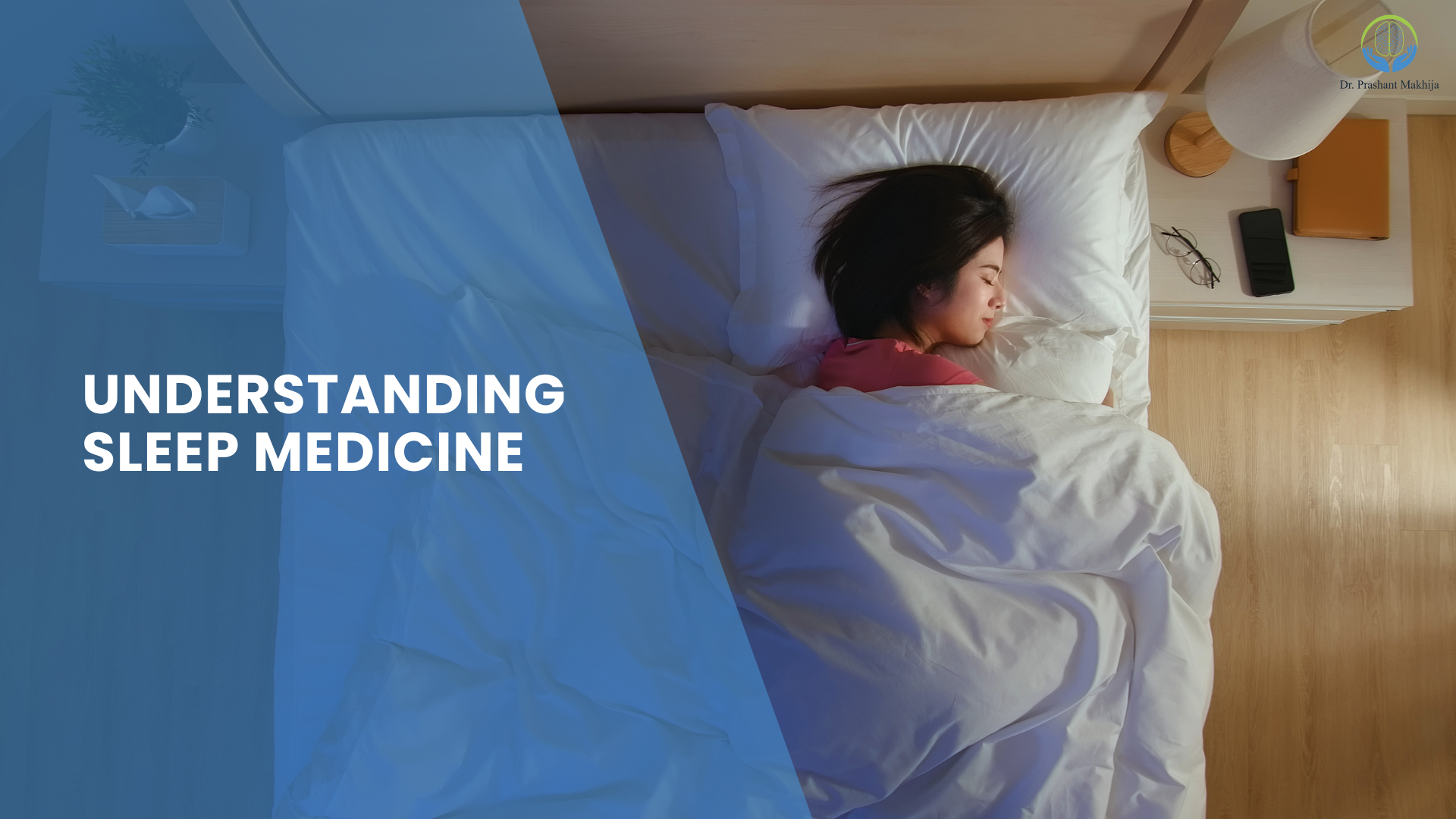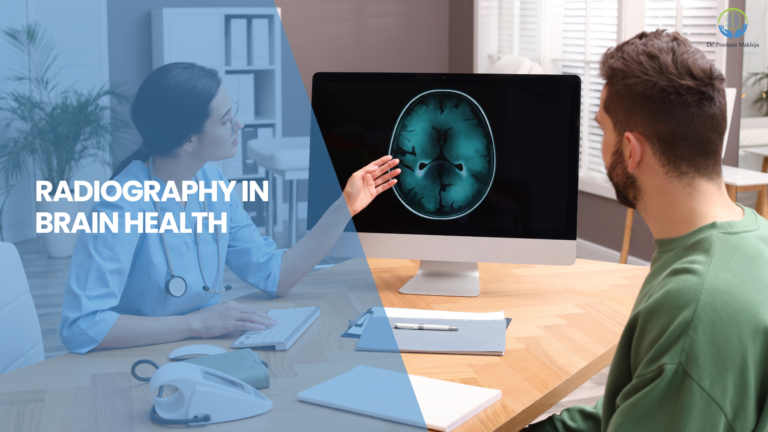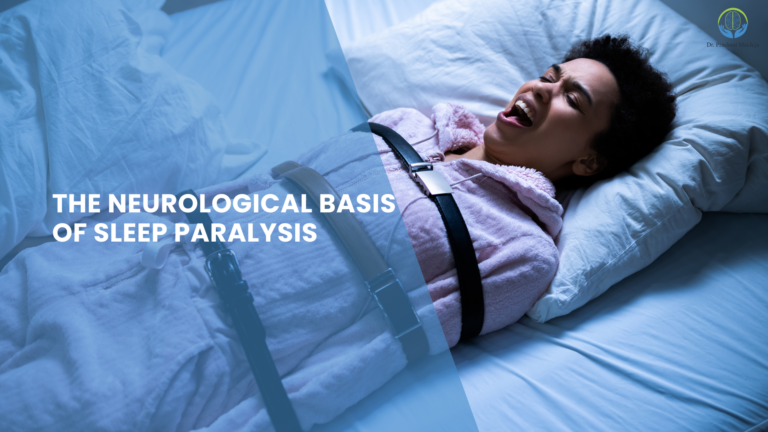Sleep is an essential component of good health, and yet many of us overlook its importance in our daily lives. As a neurologist, I often encounter patients who experience various sleep disorders that directly impact their cognitive function, mood, and overall well-being. Sleep medicine, a specialized field focusing on diagnosing and treating sleep disorders, plays a crucial role in addressing these issues. In this blog, we will explore the essentials of sleep medicine, its connection to brain health, and ways to improve sleep quality for optimal mental and physical health.
1. What is Sleep Medicine?
Sleep medicine is a specialized branch of medicine that focuses on the diagnosis, treatment, and management of sleep disorders. With more than 80 known sleep disorders, including insomnia, sleep apnea, restless legs syndrome, and narcolepsy, this field combines neurology, pulmonology, psychiatry, and internal medicine to help patients achieve restorative sleep. The goal of sleep medicine is to assess a person’s sleep patterns and determine how they impact their overall health, especially cognitive function, mental health, and emotional well-being.
2. The Impact of Poor Sleep on Brain Health
Sleep is vital for brain function, allowing the brain to clear toxins, consolidate memories, and prepare for the following day. Poor sleep, especially when persistent, can have a detrimental impact on brain health, leading to cognitive decline, memory loss, and mood disorders. For instance, sleep deprivation or sleep disorders like insomnia can lead to increased stress levels, anxiety, and even higher risks for conditions such as Alzheimer’s disease. Research has shown that individuals who consistently get inadequate sleep are more likely to suffer from mental health issues, impaired concentration, and slower reaction times.
3. Common Sleep Disorders and Their Symptoms
Several common sleep disorders can disrupt sleep quality and significantly impact a person’s day-to-day functioning:
- Insomnia: The inability to fall asleep or stay asleep, leading to daytime fatigue and irritability.
- Sleep Apnea: A condition where breathing repeatedly stops and starts, leading to poor-quality sleep and, in severe cases, increasing the risk of cardiovascular issues.
- Narcolepsy: A neurological disorder that causes excessive daytime sleepiness and sudden sleep attacks.
- Restless Legs Syndrome (RLS): A condition causing uncomfortable sensations in the legs, often accompanied by an irresistible urge to move them.
Each of these disorders can negatively impact sleep and overall health, and effective management often requires professional intervention.
4. The Role of Sleep Studies in Diagnosis
For many patients, diagnosing sleep disorders involves a sleep study, or polysomnography. This test monitors brain waves, oxygen levels, heart rate, breathing patterns, and eye and leg movements. A sleep study can be conducted in a sleep center or even at home in some cases, providing valuable insights into a person’s sleep quality and identifying any underlying conditions that may require treatment. By understanding sleep patterns and detecting disruptions, healthcare providers can develop personalized treatment plans.
5. Tips for Improving Sleep Quality
Here are some practical tips to improve sleep quality and ensure a restful night’s sleep:
- Maintain a Regular Sleep Schedule: Going to bed and waking up at the same time every day can help regulate your body’s internal clock.
- Limit Caffeine and Alcohol: Both can interfere with sleep quality if consumed too close to bedtime.
- Create a Relaxing Bedtime Routine: Engage in calming activities such as reading or meditation before bed.
- Optimize Your Sleep Environment: Keep your bedroom cool, dark, and quiet to promote better sleep.
- Consider Professional Help if Needed: If you experience chronic sleep issues, consult a sleep specialist or neurologist.
In conclusion, sleep medicine offers valuable insights into the vital connection between sleep and brain health. Addressing sleep disorders not only improves the quality of life but also enhances mental and emotional well-being. If you’re experiencing sleep issues, taking proactive steps toward diagnosis and treatment can significantly impact your health and overall quality of life.




